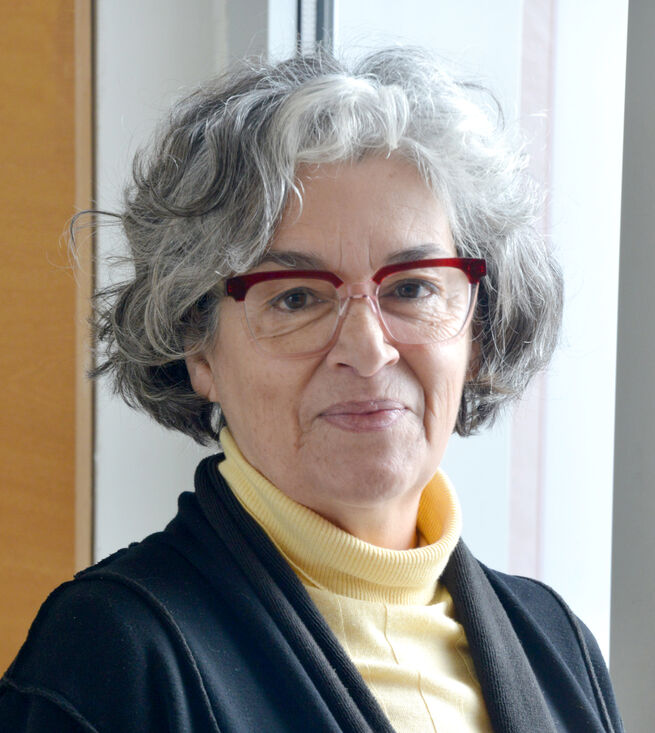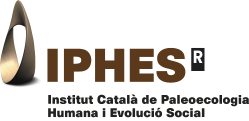Welcome from Director en ca es

This year, 2024, has seen a change in the direction of our Institute. I have succeeded the previous director, Robert Sala, in this great challenge, which is to continue the constant work of the entire IPHES-CERCA team, so that the quality of our research continues to increase at a territorial, national and international level.
The entire IPHES-CERCA team - researchers, technicians and administrators - work together to develop more and better as people, as scientists and as those responsible for giving back to society the opportunities and resources it has given us.
But this responsibility does not only apply to the scientific field, but also to our historical commitment to the training of students, to our collaboration in the creation of exhibitions and museums, to the transfer of our knowledge to the whole of society, to the youngest, the oldest, the strongest and the weakest, because beyond the knowledge of human evolution, our team has a strong responsibility towards life.
A life that manifests itself in our concern about the climate emergency and the danger that all species on the planet are in; in our responsibility to make people understand that humans are not unique and better, but simply the only hominin that has arrived to this day. Perhaps for the first time in our history we are alone, and this has made us believe for thousands of years that we are better and have the right to destroy other forms of life, including our own. We do not understand that so many hundreds of thousands of years of evolution must serve us to develop those behaviours that helped us to survive better, such as cooperation, solidarity, empathy, and to discard those that forced us to merely survive or die, such as the greed of always wanting more (money, power, land, resources...), because only common responsibility and conscience can make us better... and allow us to preserve our planet.
Among other things, this is the study of human evolution: it is not just history or a history of our past, but all the stories that can be written from now on, after learning what we were, how we were, and what we did throughout evolution. The study of human evolution is also, at its core, a love of life and respect for the planet.
At IPHES-CERCA we will continue working and cooperating to bring you closer to our past, based on an archaeological heritage that belongs to all of us and that is waiting for us to discover more pieces in this enormous puzzle that is our history, through research of the highest quality and the interest of a society that is increasingly aware of the importance of information.
Long life to IPHES!
Marina Mosquera Martínez
IPHES Director

